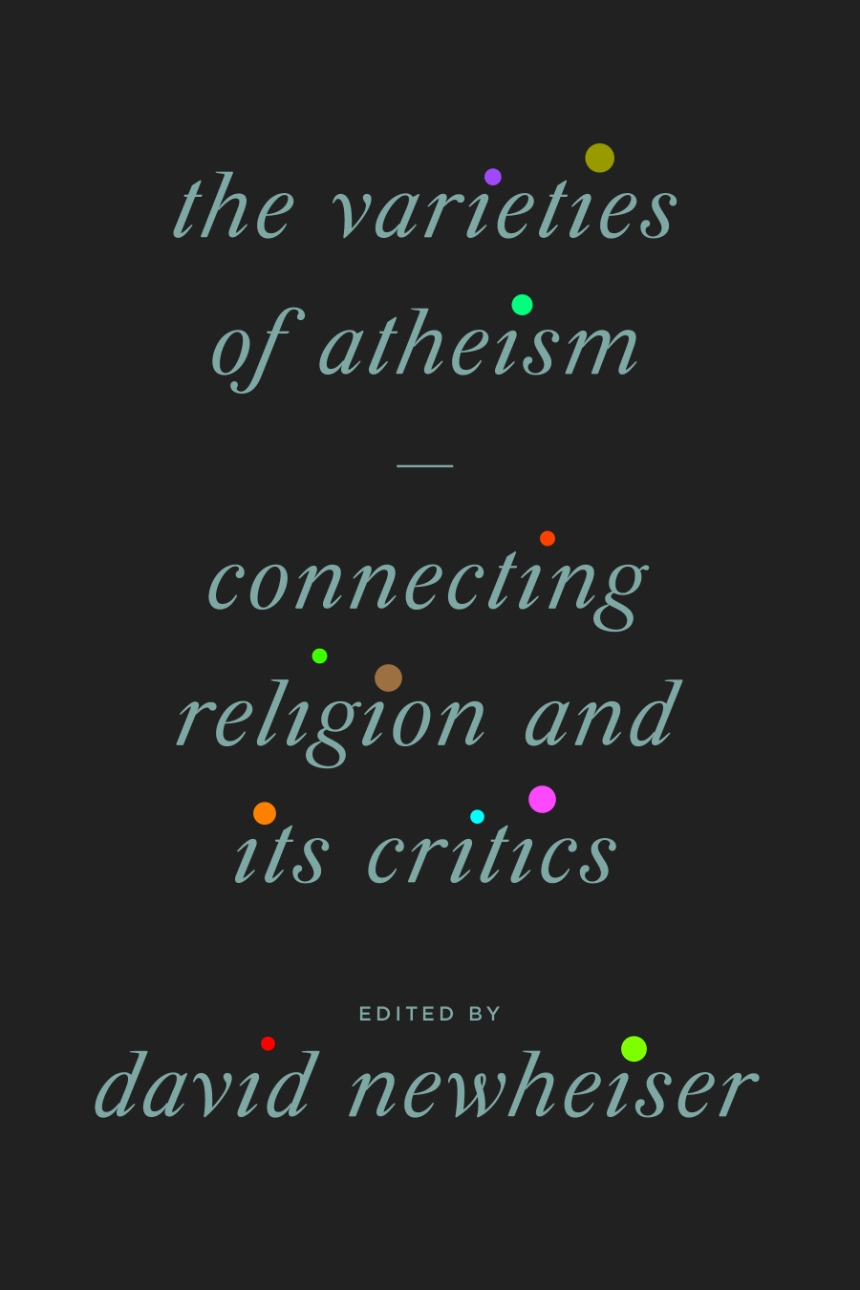Gone are the days when I could listen to an author interview on the car radio and then head to the local bookshop, confident that I would find copies of their book waiting for me on the shelf. Unfortunately, that’s not the case anymore. So, while I cannot discuss this particular book based on my own reading experience, I can share a link to the conversation that aroused my interest.
The primary author or editor of the book explained their personal interest in religious traditions, which originated from their upbringing in the fundamentalist Christian tradition. Their journey took a significant turn at the age of nineteen when they were expelled from their community due to accusations of “heresy.” The interest in religion is not motivated by some sort of knee-jerk reaction to a bad time, but by a desire to understand an important part of human life and how it affects the way we treat each other — and ourselves.
That experience of expulsion from one’s community resonated with my own. I was also made to think about the idea that atheism is somehow related to a particular type of religious belief system. Anyway, I hope to catch up with the book and till then you may like to listen to the interviews I heard:
Conversations wth David Newheiser and George Pattison
The discussion about Dostoevsky is also intriguing.
If you enjoyed this post, please consider donating to Vridar. Thanks!


Thanks for drawing attention to this broadcast. It’s 54 minutes of intelligent, articulate, non-combative conversation. Newheiser makes a significant point in arguing that so much atheist thought is opposition to particular forms of region without which it would have no context of its own.